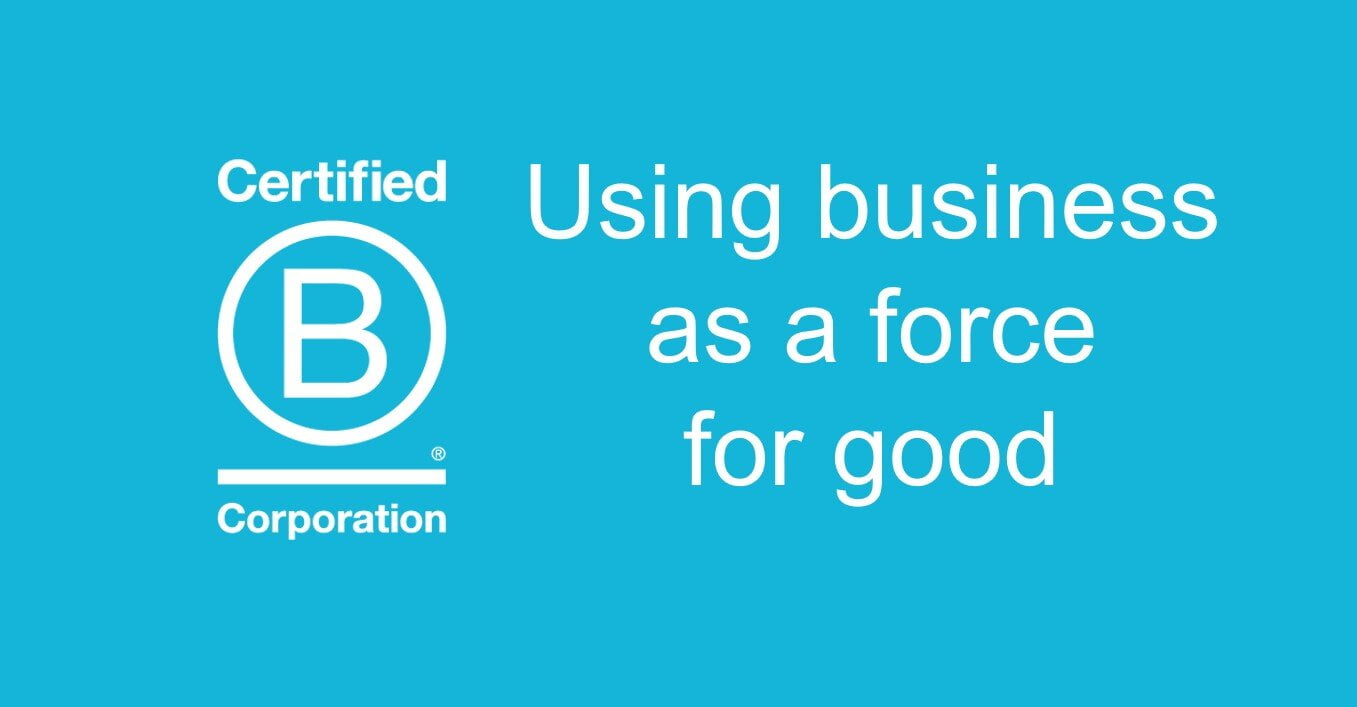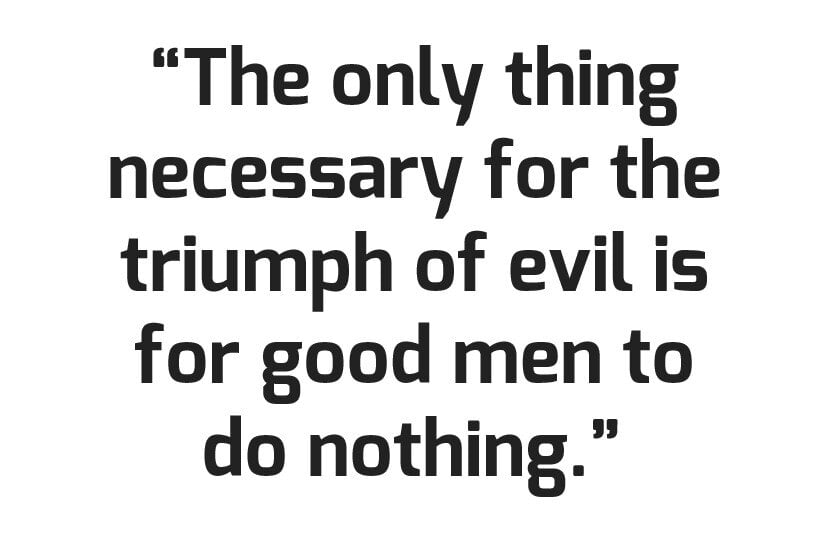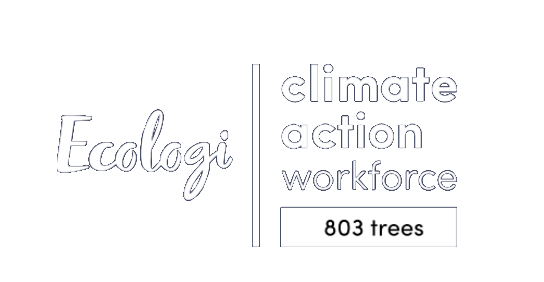The G7 Summit was marred, before it even started, by Boris Johnson’s short-haul flight from London to Cornwall. Despite promising to ‘build back better, fairer and greener’, the Prime Minister’s journey to Carbis Bay seemed to undermine these words. The irony being that, on this occasion, he was about to criticise the very behaviour that he himself had been guilty of.
With climate change at the forefront of the agenda, the G7 nations made a firm commitment to halve carbon emissions by 2030 and reach net zero no later than 2050. But when world leaders themselves fail to act in a sustainable way, it throws all of these promises into question.
To fight the climate crisis, a course of action must be established. However, as Boris has proven, words alone aren’t enough. We need to follow up on these commitments and make sure that we’re sticking to the rules or policies that have been set out. If not, the future of our planet seems to be very bleak.
We need only look at the 2020 Global Biodiversity Outlook 5 report to see what happens when environmental issues continue to be pushed aside or ignored. Of the 20 Aichi Biodiversity Targets set in 2010, not a single one was achieved in full. And, while this is due in part to a lack of strategic direction, it’s also the result of inefficient progress monitoring. Goals need to be quantitative and measurable in order to gain a clear idea of whether they have been reached or not.
This applies not just to global sustainability initiatives, but the efforts of individual businesses too. No matter the scale, we all have a part to play!
B Lab, for instance, encourages companies to think about the Sustainable Development Goals (SDGs) that were adopted by the UN in 2015 and try to align their practices with this framework.
Of course, addressing all 17 SDGs may not possible. But B Lab suggests that businesses identify their primary goals and start focusing on activities that will help them drive change.
The SDG Action Manager is one way to do this. It helps companies find which SDGs matter to them most and allows them to track their progress. Choosing just a few of these to work on would most certainly give businesses some direction and encourage them to take a targeted approach to bettering both the workplace and the world.
Which SDGs might businesses want to address? And which actions should they adopt to reach these goals?
Goal 5: Gender Equality
• Implement a zero-tolerance policy towards harassment and discrimination
• Standardise pay between men and women
• Offer flexible working
• Make employees aware of shared parental leave options
• Ensure that recruitment processes are unbiased and gender neutral
Goal 6: Clean Water and Sanitation
• Educate employees about the importance of saving water
• Install water-efficient devices
• Reduce water pressure
• Keep an eye out for leaks
• Make sure that potential water contaminants are properly disposed of
Goal 7: Affordable and Clean Energy
• Get a Commercial Energy Performance Certificate
• Invest in energy-efficient equipment
• Regulate heating and air conditioning
• Consider small-scale energy generation
Goal 8: Decent Work and Economic Growth
• Offer apprenticeship and internship opportunities
• Invest in or mentor people looking to go into your field
• Provide skills development programs for unemployed youth
• Create policies that prevent unfair hiring
Goal 10: Reduced Inequalities
• Comply with minimum wage policies
• Provide training and career coaching opportunities for employees from marginalised groups or disadvantaged backgrounds
Goal 11: Sustainable Cities and Communities
• Encourage the use of public transportation
• Invest in sustainable infrastructure
• Participate in your local community
• Involve all stakeholders in your sustainable development plans
Goal 12: Responsible Consumption and Production
• Reduce waste and make sure unavoidable waste is used to its fullest potential
• Where possible, switch out your raw materials for eco-friendly substitutes
• Ensure all materials are sustainably sourced
• Reduce the size of your packaging and make sure it’s recyclable
Aside from this, companies can also use the B Impact Assessment (BIA) to measure their social and environmental performance. It’s a free and confidential tool that allows them to set goals and compare their progress to others. The feedback gained from this assessment can then be used to chart out improvements that will increase their impact score and help them build a better business.
So, while it’s great to make commitments to sustainability – as the G7 leaders have done – it’s clear that we need to set concrete strategies to achieve these goals. Employing tools like the SDG Action Manager and B Impact Assessment can help us to do this.
If you enjoyed this article and are ready to put your words into action visit: https://businessonpurpose.uk/bcorp
Or email: andy@businessonpurpose.uk






